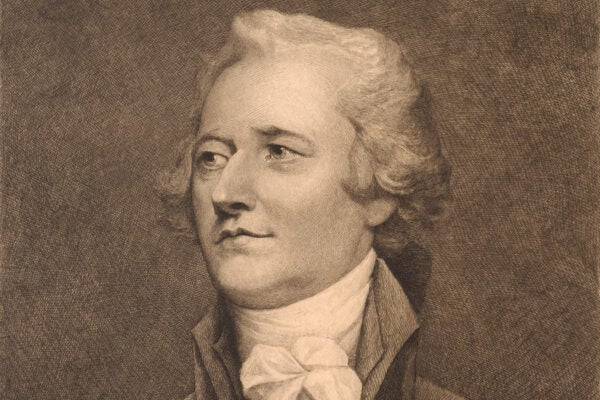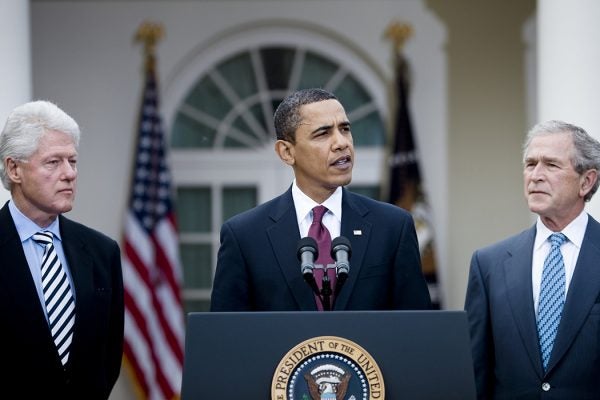Marbury v. Madison: Annotated
Justice John Marshall’s ruling on Marbury v. Madison gave the courts the right to declare acts and laws of the legislative and executive branches unconstitutional.
The Federalist No. 1: Annotated
Alexander Hamilton’s anonymous essay challenged the voting citizens of New York to hold fast to the truth when deciding to ratify (or not) the US Constitution.
A Bot Might Have Written This
ChatGPT is here. How can teachers and students proceed to use it with integrity?
A Precautionary Tale
West Germany’s “do no harm” approach to environmental protection—which became known as the precautionary principle—was revolutionary in its time.
“I Have a Dream”: Annotated
Martin Luther King, Jr.'s iconic speech, annotated with relevant scholarship on the literary, political, and religious roots of his words.
Does Law Exist to Provide Moral Order?
Is social cohesion possible in plural societies? Philosopher H. L. A. Hart weighed in amid debates on abortion and same-sex relationships.
Guns in America: Foundations and Key Concepts
This non-exhaustive list of readings on the role of guns in US history and society introduces the field as a subject of scholarly inquiry.
Bipartisan Forever Wars
A critical analysis of both political parties is necessary to understand how the US has created its informal empire—and to envision a different future.
Enfranchisement Is the Only Route to Security
In our final security studies column, our columnist posits that security as a permanent mode of government is actually making Americans less secure.
Martha Nussbaum: Overcoming Fear, Embracing Democracy
The American philosopher Martha Nussbaum’s new book, The Monarchy of Fear, examines the politics of primal fear in the 2016 election.









